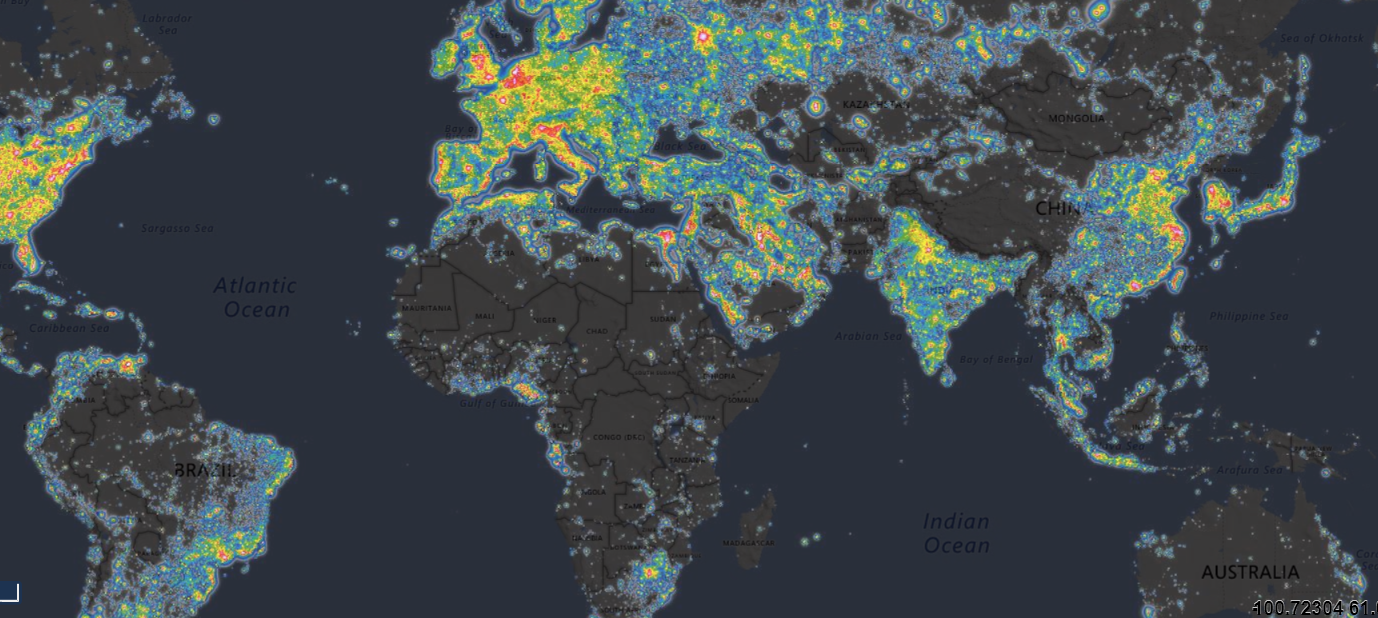Nobel Prize Awarded for Discovery of Molecular Mechanisms Controlling the Circadian Rhythm.
The Nobel Assembly at Karolinska Institute today announced the 2017 Nobel Prize in Physiology or Medicine is awarded jointly to Jeffrey C. Hall, Michael Rosbash and Michael W. Young “for their discoveries of molecular mechanisms controlling the circadian rhythm.
“Electric light that is too bright, and too blue at the wrong time of day disrupts our circadian rhythmicity”
This work adds to the growing body of evidence around the importance of natural light and darkness and aligns with the International Dark Sky Association’s position on artificial light at night:
"findings affirm concerns the IDA has raised since 2010 regarding known and suspected hazards to human health and well-being and build on the recommendations of the American Medical Association, which confirmed human health impacts from LED lighting in 2016."
The prize winners isolated a gene that controls the normal daily biological rhythm,to confirm:
- our inner clock adapts our physiology to the dramatically different phases of the day; and
- regulates critical functions such as behavior, hormone levels, sleep, body temperature and metabolism.
The discovery provides evidence that:
- Our wellbeing is affected when there is a temporary mismatch between our external environment and our inner clock; and
- chronic misalignment between our lifestyle and the rhythm dictated by our inner clock is associated with increased risk for various diseases.
The IDA urges further research into artificial light exposure and its effects on biology. View the full press release here.
To discuss managing your light emissions or for information on Digital Horizon Imaging (DHI), the division of Pendoley Environmental dedicated to the measurement and management of artificial light emissions contact Kellie Pendoley,

